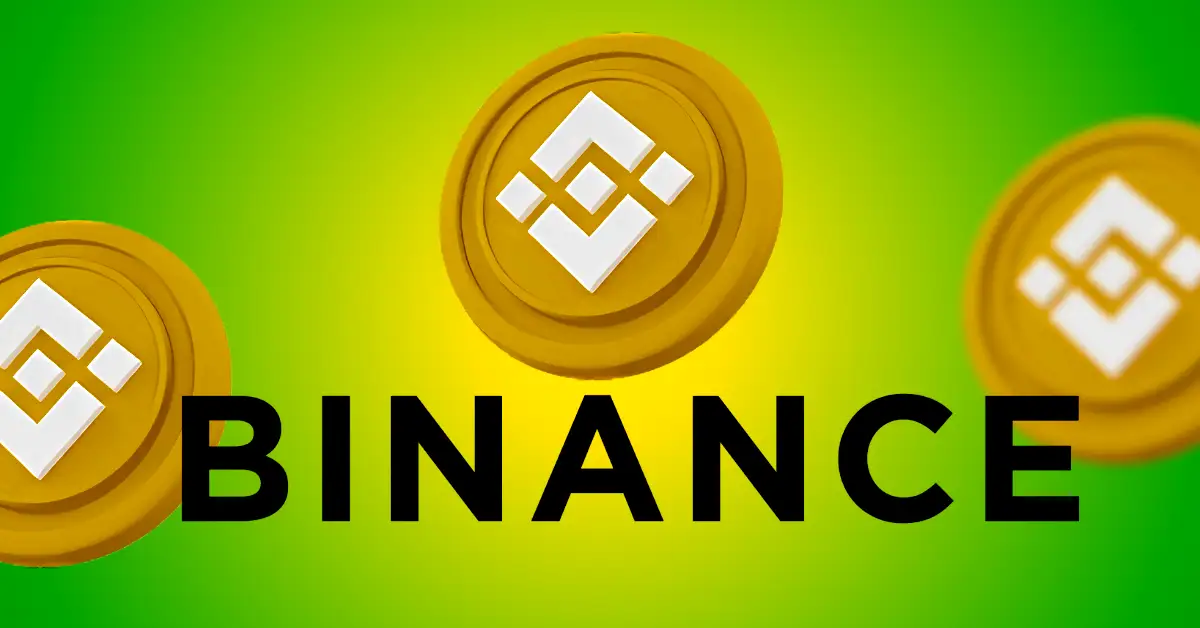
The cryptocurrency market is experiencing a significant surge, with Bitcoin reaching an unprecedented high of $107,000. However, amidst this financial frenzy, Binance finds itself entangled in a legal battle with the Australian Securities and Investments Commission (ASIC). The conflict centers around Binance Australia Derivatives, which is accused of failing to adequately protect its users. ASIC alleges that Binance misclassified more than 500 retail investors as wholesale clients, depriving them of crucial consumer protections mandated by Australian law. This legal issue poses a substantial threat to Binance, as a worst-case scenario could lead to the revocation of its operating license in Australia.
What Happened?
Between July 2022 and April 2023, Binance Australia allowed retail investors to engage in trading high-risk crypto derivative products. However, these investors were incorrectly categorized as wholesale clients. This misclassification denied them essential protections, such as comprehensive disclosure statements and access to dispute resolution mechanisms. Alarmingly, this affected a significant portion of Binance’s Australian clientele, with 83% falling into this misclassification.
ASIC’s Concerns
ASIC has raised serious concerns regarding Binance’s practices, accusing the exchange of not adhering to fair operational standards and failing to comply with Australian laws. The regulatory body has criticized Binance’s compliance systems as inadequate and lacking transparency. As a result, numerous clients reportedly suffered financial losses. ASIC Deputy Chair Sarah Court emphasized that Binance did not meet the requirements stipulated by its financial services license, highlighting the severity of the situation.
What’s Next for Binance?
Binance’s compliance challenges are not isolated to Australia. The exchange has faced regulatory scrutiny in various countries, including Nigeria, India, and the United States. Allegations in these regions have ranged from violations of financial regulations to links with illegal money laundering activities. Currently, Binance is embroiled in an intellectual property theft case in the U.S., and separately, Mark Longo has requested Binance to cease using the name “PNUT” for its memecoin, citing trademark infringement.
ASIC’s Crypto Crackdown
Before targeting Binance, ASIC had penalized Kraken, another major cryptocurrency platform, for offering illegal margin trading products in Australia, which resulted in local traders losing over $8 million. These recent cases serve as stark reminders for investors about the critical importance of proper protections and the inherent risks associated with trading crypto derivatives. While the U.S. is working towards introducing crypto-friendly regulations, other countries are grappling with outdated policies that hinder the smooth integration of crypto assets. The question remains: will Australia adapt to the evolving crypto landscape in time? Only time will tell as we observe these developments unfold.






